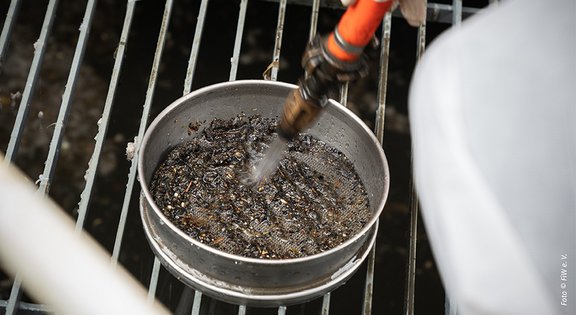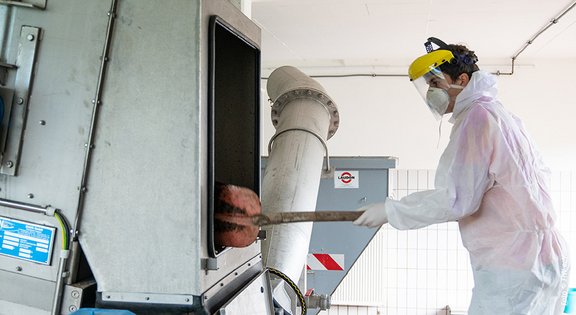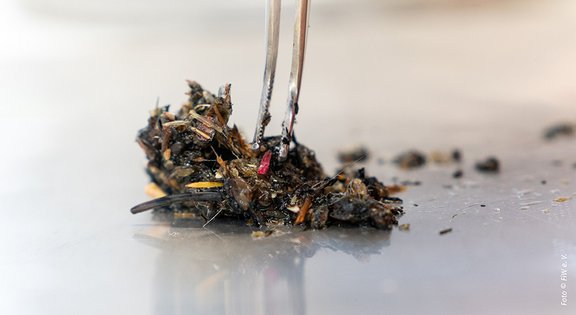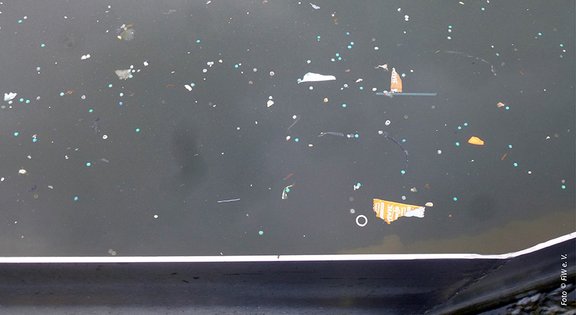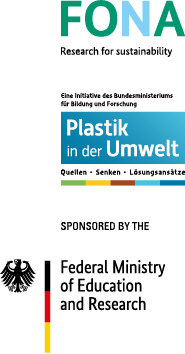Plastics in the environment
InRePlast – Environmental political instruments to reduce the plastic pollution of inland waters via drainage systems
Private households and businesses consistently contribute plastics to wastewater and thus to drainage systems through their actions either directly or via public transport routes. Currently, there is uncertainty regarding the quantity and nature of these plastics. At the same time, the legal instrumentation regarding the inputs of plastics into the drainage systems shows considerable deficits.
The InRePlast project identified the micro- and macroplastics entering drainage systems. Based on the findings, an extrapolation for Germany was carried out by means of material flow analysis. In view of the regulatory deficits, instruments for reducing plastic inputs were developed in conjunction with legal and behavioral economic analyses.






